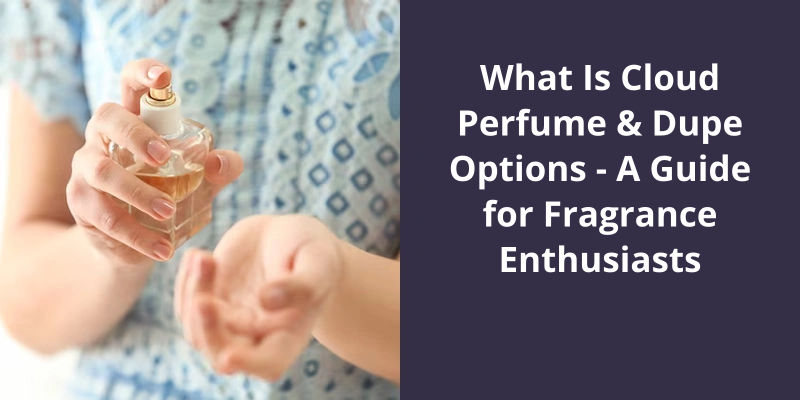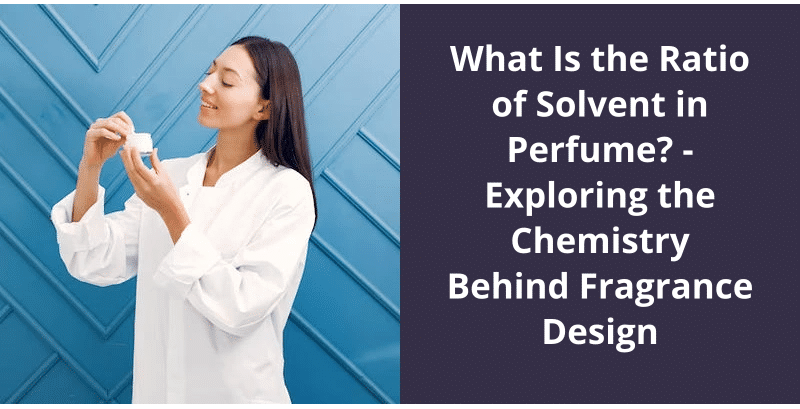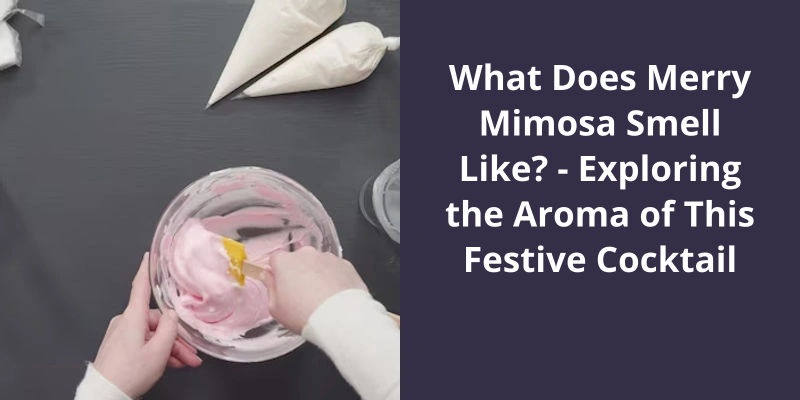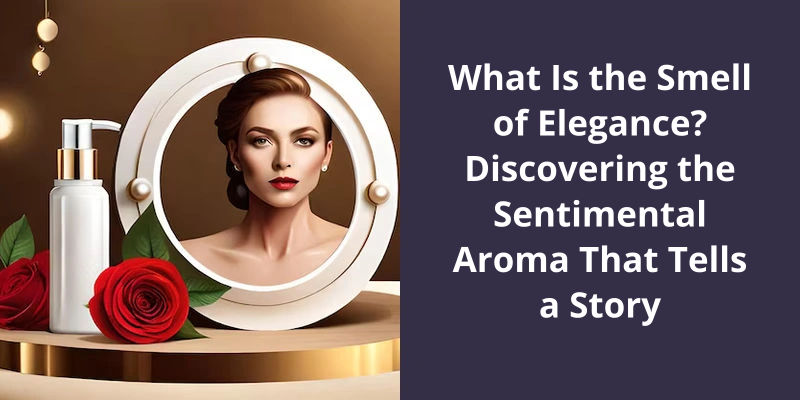Fragrances have been a part of human existence for thousands of years, dating back to ancient times where aromatic herbs and flowers were burned for spiritual and medicinal purposes. Since then, the use of fragrances has evolved, becoming an integral part of personal grooming and self-expression. Today, the fragrance industry offers a wide range of scents, with varying concentrations of perfume oils. The higher the concentration, the stronger and longer-lasting the fragrance. And while most people are familiar with terms like parfum, eau de parfum, eau de toilette, eau de cologne, and eau fraiche, there's more to the world of fragrances than just these categories. In fact, there are fragrances that exist beyond what we consider the highest concentration of perfume- parfum.
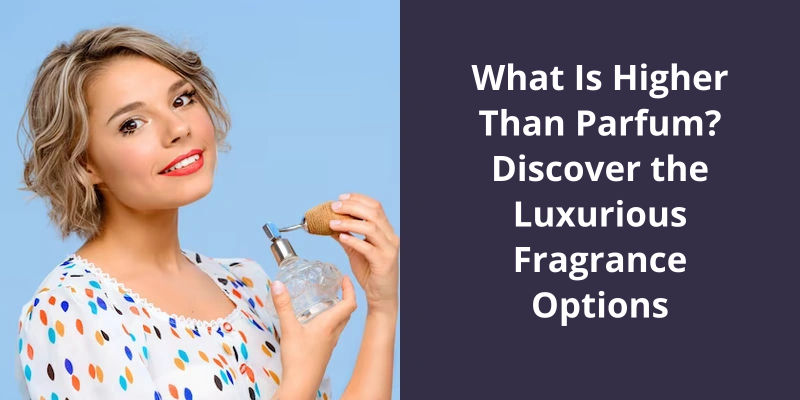
What Is Parfum Concentration?
When shopping for fragrances, it’s important to understand what parfum concentration really means. While the terms “eau de parfum” and “eau de toilette” are more common, parfum concentration is the highest level of fragrance available. This means that it contains the most essential oils and is therefore the most potent and long-lasting.
Parfum concentration can vary from 15% to 40%, but typically falls within the range of 20% to 30%. This is because any higher and the scent can become overwhelming or even irritating to the wearer. However, even at this lower concentration, parfums are still incredibly strong. A little goes a long way with these fragrances, and just a drop or two can be enough to last all day.
Because of it’s high concentration, parfum is often the most expensive category of fragrance. However, it’s worth the investment for those who want a scent that will last all day and leave a lasting impression. Some popular parfums include Chanel No. 5 and Joy by Jean Patou.
One thing to keep in mind when shopping for parfum is that the scent can vary depending on your body chemistry. It’s a good idea to try a sample or small bottle before investing in a full-sized bottle, to ensure that the fragrance works well with your skin. Additionally, parfum should be stored in a cool, dry place to preserve it’s potency and longevity.
These fragrances are the most potent and long-lasting, and can last up to eight hours.
It’s important to consider the concentration level of fragrance oil when choosing a perfume, as this can affect the scent’s longevity. While parfum has the highest concentration and therefore lasts the longest, EDT and EDP also offer their own unique benefits. Let’s take a closer look at each.
Which Is Better EDP or EDT or Parfum?
Parfum lasts the longest on the skin, while EDT usually fades after a few hours. EDP can last between four to eight hours, depending on various factors like the brand and type of fragrance. Because of it’s higher concentration, parfum is usually the most expensive, while EDT is cheaper in comparison. However, the cost of each type of fragrance is determined by several variables, including the brand, packaging, and marketing.
Aroma strength and projection: The strength of a fragrance refers to how intense the scent is, and projection refers to how far the fragrance travels or fills a room. Parfum is the most potent, followed by EDP, and finally EDT. This means that parfum has the most noticeable scent and can fill a room quickly. It’s also the most overwhelming for some people, while others may find it too mild. EDP has a medium scent, and it’s perfect for people who want something that isn’t too intense or too mild. EDT is the weakest of the three types of fragrances, with a milder scent and ability to project.
Occasions and seasons: The choice of fragrance also depends on the occasion and season. Parfum is best for formal occasions and winter when people dress in layers, as their scent is strong enough to permeate through thick clothing. EDP is suitable for everyday use, office setting or informal events. As for EDT, it’s excellent for more relaxed or casual settings and summer days. The latter is beneficial because a mild scent balances the heat and humidity of the summer months.
Skin type and personal preference: Peoples individual scent preferences are as varied as their personalities. What smells good to one person may not be appealing to another. Similarly, a persons skin type can affect the fragrances effectiveness on their skin. It’s been stated that oily skin retains fragrances for longer, while dry skin does not.
Ingredients and Formulations: Different Fragrances Have Different Ingredients and Formulas That Can Affect Their Scent, Longevity, and Projection. It Might Be Useful to Discuss the Difference Between Natural and Synthetic Fragrances and How Different Notes and Accords Can Affect the Overall Scent.
This topic explores how ingredients and formulations impact fragrance. It delves into the differences between natural and synthetic fragrances and how various notes and accords can impact the overall scent, longevity, and projection of fragrances.
Source: Difference Between Eau de Parfum vs. Eau de Toilette
Conclusion
In the world of fragrances, there’s a hierarchy when it comes to concentration levels of scent. Parfum is considered the highest concentration level, followed by Eau de Parfum, Eau de Toilette, and Eau de Cologne and Eau Fraiche. However, scent is a personal and individual experience, and what may be considered the "best" or "highest" concentration level may vary from person to person. The world of fragrances is vast and diverse, offering something for everyone, from the bold and daring to the soft and subtle. So explore and experiment to find the scent that speaks to you and ignites your senses, because in the end, there’s no higher authority on what smells best than your own personal taste.


